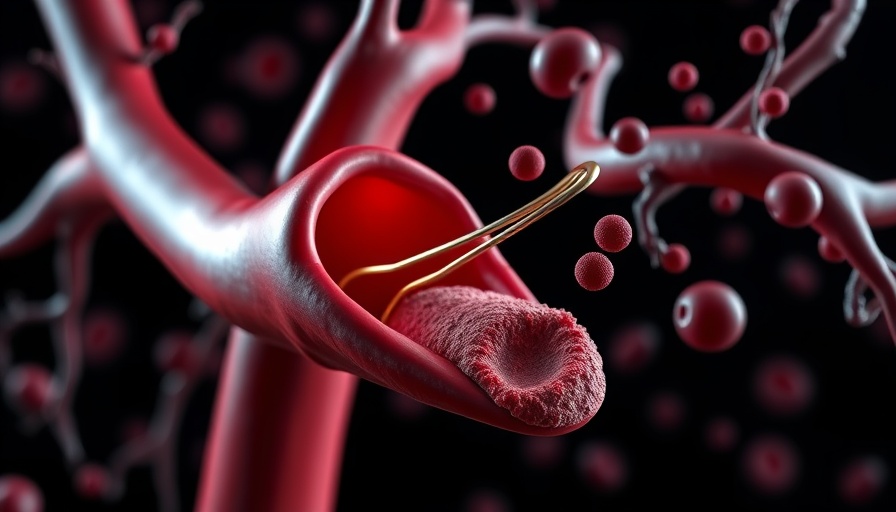
Understanding the Efficacy of Heart Stents for Angina Relief
The use of heart stents to alleviate angina chest pain has been a common practice in cardiology, especially among patients suffering from stable, non-emergency coronary artery disease. However, recent studies and trials, including those involving sham surgeries, have thrown this practice into question. It begs the important discussion: Do heart stents really benefit angina, or could they be adding more risk than relief?
The Illusion of Immediate Relief
While angioplasty—commonly accompanied by stent placement—offers the tantalizing promise of immediate relief, it doesn't necessarily translate into long-term protection against heart attacks or mortality. In fact, data suggests that the atherosclerotic plaques, which cause symptoms of angina, are not typically the same ones that cause heart attacks. This disconnect raises concerns about the justification for widespread stent usage.
The Role of Placebo in Medical Procedures
The phenomenon of the placebo effect is undoubtedly powerful. It can lead patients who undergo sham surgeries to report substantial improvements in their conditions. In trials, patients who experienced a procedure that involved no actual treatment reported feeling just as better as those who had the stents implanted. This suggests that psychological factors could play a significant role in the perceived efficacy of treatments like angioplasty.
A Closer Look at Heart Procedures
The apprehension surrounding the effectiveness of heart stents isn't without precedence. In history, numerous medical interventions have been embraced only to be later scrutinized. For example, internal mammary artery ligation was initially celebrated despite its dubious anatomical reasoning. Eventually, studies revealed it was mostly a placebo phenomenon. This history of misplaced confidence in certain cardiac procedures should encourage a more rigorous approach to current practices.
Are We Misguided About Stent Effectiveness?
Determining the true effectiveness of heart stents has been somewhat hindered by a lack of placebo-controlled trials. Cardiologists have often assumed their efficacy was self-evident, rendering such rigorous testing unnecessary. But as the story of invasive procedures evolves, it’s clear that the belief in a treatment doesn’t always align with its actual benefits.
Alternative Approaches to Managing Angina
For individuals grappling with angina, understanding that stents might not be the best option is critical. There are numerous alternative management strategies for angina that have shown to be effective. Lifestyle changes such as a heart-healthy diet, regular physical activity, stress reduction techniques, and medication management can greatly assist in symptom management and maintaining heart health.
Your Health Decisions Matter
The crossroads of modern medicine and patient empowerment finds its way into conversations about treatments like heart stents. Patients today are encouraged to engage fully with their healthcare providers, ask critical questions, and advocate for evidence-based treatment options that prioritize long-term well-being over temporary relief. It's important to weigh the potential risks and benefits of any treatment thoroughly.
Ultimately, as we navigate the complex landscape of heart health, it’s vital for patients to seek understanding and clarity about their treatment choices. Knowledge is not only power; it leads to more informed, proactive healthcare decisions. If you or someone you know is facing decisions regarding angina treatment, consider consulting multiple sources and discussing all possible options with a healthcare professional.
Take Charge of Your Heart Health Today! Seeking a second opinion or additional information on cardiology treatments can significantly impact your health journey. Stay informed, ask questions, and be proactive about your heart health.
 Add Row
Add Row  Add
Add 




Write A Comment